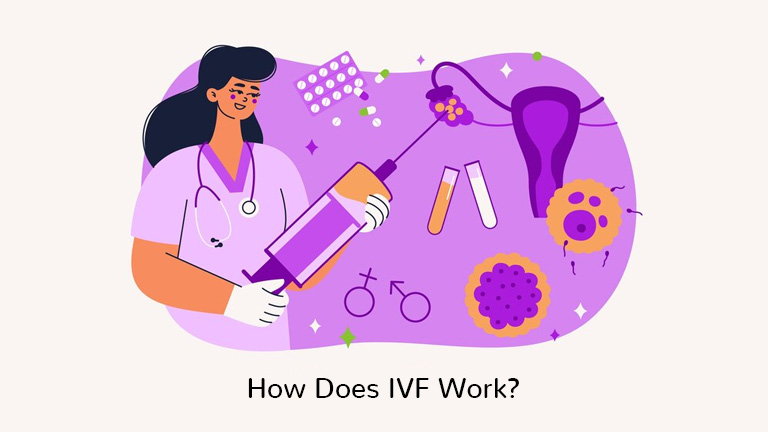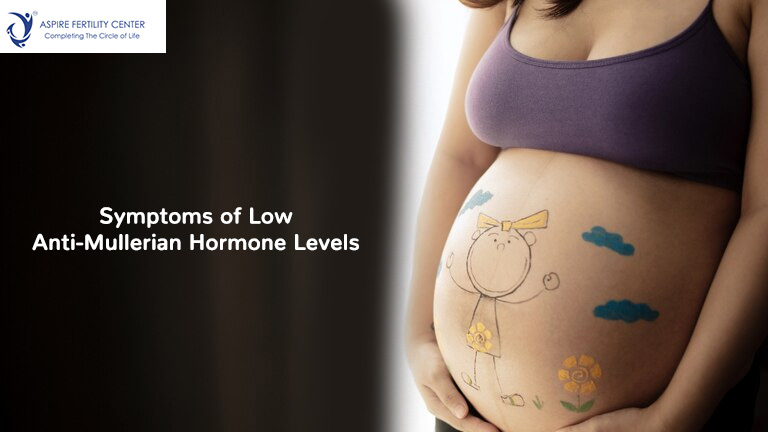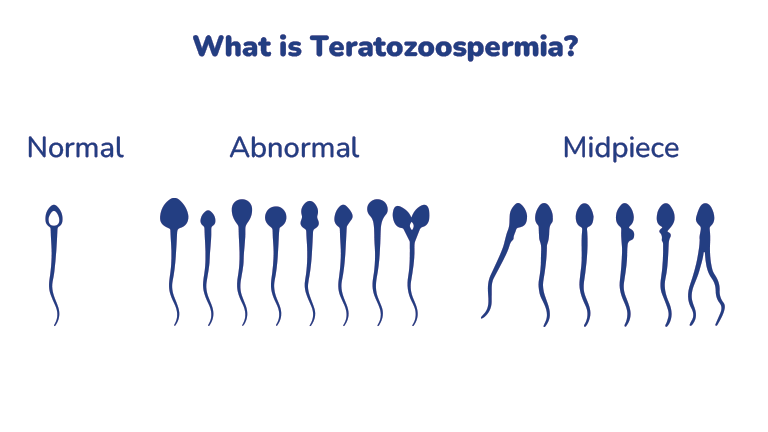For countless couples and individuals struggling with infertility around the world, in vitro fertilisation, or IVF, offers hope. However, the process frequently brings up an important question: Is IVF painful?
With an emphasis on two crucial steps—egg retrieval and embryo transfer—this blog post seeks to clarify the IVF process and give readers a thorough grasp of what to anticipate in terms of discomfort and pain during the procedure.
Aspire Fertility Center is here to address these concerns head-on, providing insights into the intricacies of IVF procedures and shedding light on the question: Is IVF Painful?
Let’s Understand What is IVF?
IVF, also known as in vitro fertilisation, is a fertility treatment technique that aids in the conception of children for infertile couples. The procedure entails fertilising an egg in a lab setting using sperm outside of the body.
To begin a pregnancy, this fertilised egg—also referred to as an embryo—is subsequently placed inside the woman’s uterus. When a couple is unable to conceive naturally for a variety of reasons—such as clogged fallopian tubes, low sperm counts, irregular ovulation, or infertility that defies explanation—IVF is frequently advised.
For couples hoping to begin or grow a family, in vitro fertilisation (IVF) offers a chance to fulfil their dream of becoming parents. Get the Best IVF Treatment in Bangalore only at Aspire Fertility Center.
But, How Does IVF Work?

In Vitro Fertilisation (IVF) is a multi-step process designed to overcome a range of fertility issues, allowing individuals or couples the chance to conceive a child.
Here’s a detailed breakdown of how IVF works:
1. Ovarian Stimulation:
The process begins with the woman taking hormonal medications to stimulate her ovaries to produce multiple eggs. Normally, a woman produces one egg per menstrual cycle, but IVF requires multiple eggs to increase the chances of successful fertilisation and embryo development.
2. Monitoring and Maturation:
The development of the eggs is closely monitored through ultrasound and blood tests. When the eggs are mature, a trigger shot (hCG injection) is administered to finalise their maturation, thereby preparing them for retrieval.
3. Egg Retrieval:
This is a minor procedure known as follicular aspiration. It is performed under sedation or anaesthesia. A thin needle, guided by ultrasound, is inserted through the vaginal wall and into the ovaries to suction out the mature eggs.
4. Sperm Collection:
Simultaneously, semen is collected from the male partner, and it is prepared in the lab to isolate the best sperm.
5. Fertilisation:
The retrieved eggs are mixed with the prepared sperm in a laboratory dish. Alternatively, a single sperm may be injected into each egg, a process known as Intracytoplasmic Sperm Injection (ICSI), especially in cases of severe male infertility.
6. Embryo Monitoring:
The fertilised eggs, now embryos, are monitored for growth and development in the lab for several days. During this period, the embryos typically divide and grow into a multi-cell structure.
7. Embryo Selection:
Based on the embryos’ growth and development, the most viable one(s) are selected for transfer. Sometimes, genetic testing is done on the embryos before selection to identify any potential genetic disorders.
8. Embryo Transfer:
The selected embryo(s) is transferred into the woman’s uterus. This is a relatively simple procedure that doesn’t usually require anaesthesia. A thin catheter is used to place the embryo directly into the uterus through the cervix.
9. Pregnancy Test:
After the transfer, the embryo(s) must implant in the uterine lining to begin a pregnancy. About two weeks after the embryo transfer, a pregnancy test is performed to determine if the IVF procedure was successful.
Now, Let’s Understand “Is IVF Painful”?
In vitro fertilisation, or IVF, is a multi-step medical process that is generally not thought to be painful. However, some people may experience mild discomfort from certain aspects of the IVF process.
For example, patients may feel mild cramping or discomfort akin to menstrual cramps during the egg retrieval procedure, which is an essential step in in vitro fertilisation. Pain medication and rest are effective ways to manage this discomfort, which is usually transient.
Even though IVF requires some procedures that might be uncomfortable, everyone experiences pain to varying degrees, and the medical staff at Aspire Fertility Center works hard to ensure patients are always comfortable.
Now that we have an overall picture of “Is IVF Painful?”
Let’s Now Understand: “Is Embryo Transfer Painful?”
Embryo transfer is a pivotal step in the IVF process, where the embryo is carefully placed into the uterus. Patients often wonder if this procedure is painful. Generally, embryo transfer is relatively painless. It is usually done while the patient is awake, using a thin catheter that is passed through the cervix into the uterus.
While some women might experience mild discomfort or cramping similar to menstrual cramps, the procedure is typically quick and not considered painful.
To ensure comfort, some clinics providing the best female infertility treatment in Bangalore, like Aspire Fertility Center, offer a mild sedative or relaxant. Patients must communicate with their medical team about any anxiety or concerns they have regarding the procedure to ensure the best possible experience.
Is Egg Retrieval Painful?
Despite being a necessary step in the IVF process, egg retrieval frequently causes patients anxiety. While there is always a chance that this procedure will hurt, thanks to significant advancements in medical technology, the likelihood of pain has been greatly reduced.
Egg retrieval is carried out under sedation or anaesthesia, guaranteeing the patient’s maximum comfort, under the skilled supervision of the staff at Aspire Fertility Center.
The actual procedure only takes 20 to 30 minutes, and afterwards, patients usually have mild cramps that are similar to menstrual pain.
After egg retrieval, you are not alone. Our recovery ward on the 2nd floor in our HSR center is specifically designed for post-procedure care. Here, you’ll be closely monitored by our compassionate nursing staff as you gently awaken from anaesthesia. This observation period typically lasts for 3-4 hours or until you’ve fully recovered from the effects of anaesthesia, ensuring your well-being and comfort before you head home.
Aspire Fertility Center works to ease any concerns about egg retrieval by providing compassionate care and close attention to patient comfort, creating a welcoming atmosphere for each person starting their fertility journey.
Get the Best IVF Treatment in Bangalore at Aspire Fertility Center
At Aspire, we understand the profound impact that infertility can have on individuals and families. Our dedicated team of fertility specialists, nurses, and support staff are committed to providing personalised care and support throughout your journey to parenthood.
Our hospital is equipped with state-of-the-art facilities and cutting-edge technology to ensure the highest standards of care and success rates. From advanced reproductive technologies to innovative treatment protocols, we utilise the latest advancements in the field of assisted reproduction to maximise your chances of conception.
Led by renowned fertility experts and reproductive endocrinologists, our team brings together years of experience, expertise, and dedication to help you achieve your dream of starting or expanding your family. We understand that every individual and couple is unique, which is why we tailor our treatment plans to meet your specific needs and goals.
Conclusion
The journey through IVF can be an emotional rollercoaster, filled with highs and lows. Understanding the procedures involved, particularly in terms of what to expect regarding pain, can provide some reassurance.
While certain steps in the IVF process may cause discomfort, the procedures are generally not significantly painful, especially with the right care and preparation.
Are you searching for the best IVF treatment in Bangalore?
Look no further than Aspire Fertility Center, where we offer comprehensive and compassionate care to individuals and couples struggling with infertility. We are also well known for providing the best male infertility treatments in Bangalore.
Contact Aspire Fertility Center today to learn more about our comprehensive IVF treatment options and start your journey towards parenthood with a trusted partner by your side.







